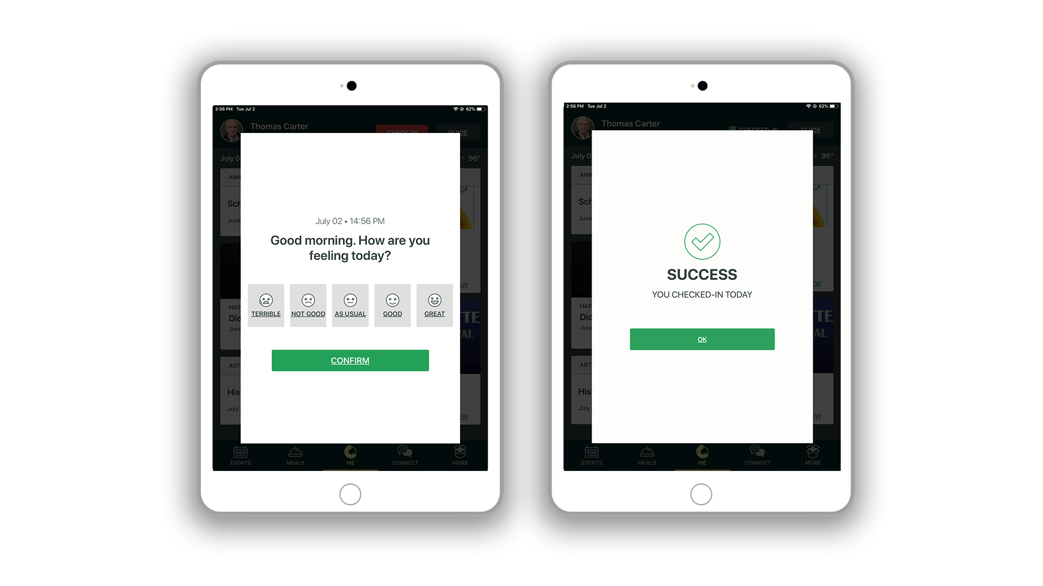Author Will Durant once wrote, “We are what we repeatedly do. Excellence, then, is not an act, but a habit.” Habits define us, and as we pursue better health and wellness, our habits can make or break us. Often it’s not the big changes, but the small, daily choices, that lead to a healthier life. In the pursuit of better wellness, here are some of the most effective ways to track your wellness progress and make the most of your daily habits.
Keeping track of it all
One of Wellzesta’s core beliefs is, “You can’t change what you can’t measure.” By measuring your daily habits, you can take action to improve them. Keeping a journal, either on paper or digitally, is a great way to start tracking how you’re feeling, what you’re eating, and how you’re spending your time.
For some, journaling in a narrative format is helpful, while others prefer the bullet journal method. Not only can journaling benefit your mental health, it can show you what you’re doing too much, what you could be doing more, and where you’re making progress.
The Wellzesta Life software features a way for seniors to record and earn wellness points for their daily activities. This feature gives users a way to track where their habits fall among the eight dimensions of wellness and be rewarded for their healthy choices.
Wellzesta’s data analytics show that users often log spiritual studies, daily exercise, social time with friends and family, and continued involvement in the community as ways they are improving their wellness each day.
Map your moods
Along with tracking habits, keeping a record of your moods can be enlightening, too. Mood tracking apps like Mood Pixel provide you with a visual representation of your feelings throughout the year. Each day, check in with yourself to ask, “How am I really feeling?”, and take note of patterns that emerge over time. Wellzesta Life’s check-in feature allows users to note how they are feeling each day, which helps seniors be more self-aware and allows community staff to keep a pulse on resident wellness.
Focus on gratitude
In the midst of working on your wellness, it’s easy to become focused on things that are frustrating and difficult to change. That’s why gratitude journaling can be a powerful way to redirect your attention to the good things in your life and increase your likeliness to make positive choices. Making a habit of writing down things you’re grateful for (either in your journal or on a gratitude app like Grateful) can train your brain away from defaulting to negative thoughts and feelings.
Keep it up
Pursuing whole-person wellness is a life-long journey, and it takes perseverance and commitment to make healthy choices every day. However, as they say, “knowledge is power,” and through tracking your daily habits, reflecting on your progress, and finding the positive in each step, you’ll be on your way to better wellness.





